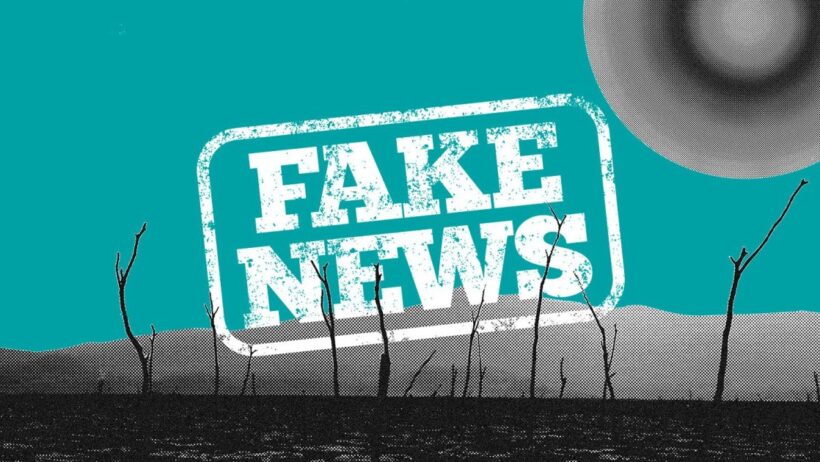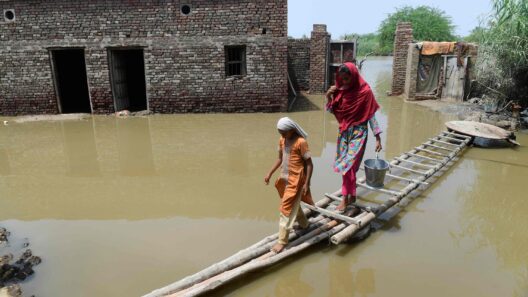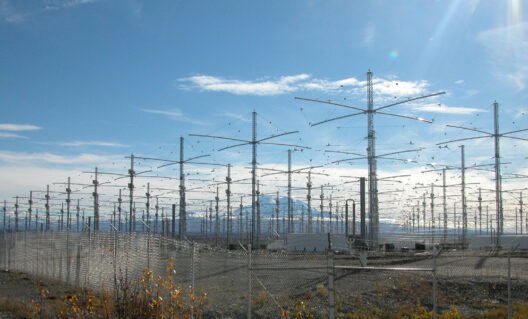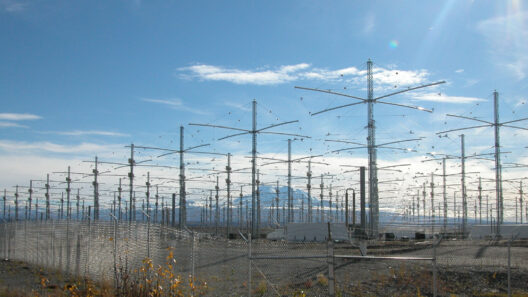Are there scientific journals that claim to disprove climate change? At first glance, one might ponder how such assertions could exist at all, given the overwhelming consensus among scientists. This inquiry requires navigating through a labyrinth of scientific literature, media misinterpretations, and the intricacies of peer-reviewed research. In a world bombarded by information, it is vital to discern fact from fiction, especially regarding monumental issues like climate change.
To initiate this discourse, let’s consider the cornerstone of climate science—an extensive body of peer-reviewed research substantiating the reality of climate change. The Intergovernmental Panel on Climate Change (IPCC), established in 1988, has consolidated thousands of studies demonstrating that human activities significantly contribute to global warming. Citing empirical data, these studies reveal alarming trends: rising sea levels, increasing temperatures, and erratic weather patterns. Yet, the question remains—what about the counterarguments?
Occasionally, one encounters articles in less reputable journals or on blogs that present skepticism about climate change. These publications often exploit sensationalism, distorting factual data and invoking anecdotes rather than rigorous scientific methodology. For instance, some skeptics may reference isolated studies suggesting minimal climate oscillations or fleeting cold snaps as indicative of long-term climate stability. However, these cherry-picked data points fall short of undermining the robust, longitudinal studies that encapsulate the climate crisis.
Moreover, it is essential to scrutinize the context in which these claims arise. A phenomenon known as scientific dissent may mislead the public. In academia, dissent can fuel healthy debate, but it can also lead to a false perception of substantial disagreement among scientists. The reality is that the scientific community is largely united in its stance on climate change. A mere handful of studies emerging from fringe voices cannot overshadow the broad consensus established through years of rigorous research.
Media portrayal often exacerbates the confusion. Sensational headlines emphasizing dissent can overshadow the prevalent scientific consensus. Editors might seek attention-grabbing angles, leading to narratives that misrepresent the degree of disagreement among researchers. This skewed representation can permeate public perception, fostering doubt where it is unwarranted. Thus, it is crucial to approach all claims with a discerning eye and a robust understanding of the scientific method.
It’s also important to consider the role of scientific journals. Reputable journals have stringent peer-review processes designed to filter out unsubstantiated claims. Journals like *Nature*, *Science*, and *Geophysical Research Letters* uphold rigorous standards, ensuring published work withstands scrutiny. When a journal does publish research that seems to cloud the narrative of climate change, one must examine the study’s foundation. Are the methods robust? Are the conclusions drawn appropriately? Unfounded studies often face substantial criticism from the scientific community as well as retractions, which diminishes their impact.
A perplexing aspect of the climate change debate is the tendency of dissenters to invoke the “false balance” fallacy. This premise contends that if one side of an argument presents skepticism, it is necessary to provide equal airtime to both perspectives, regardless of their scientific legitimacy. In practice, this translates to a misguided portrayal of climate science where unrefuted doubts are given undue prominence. This imbalance can mislead the public into believing that the surge of scientific advocacy for climate awareness is merely one side of a binary conversation.
Furthermore, the funding of research cannot be overlooked. Certain studies disputing climate change have origins in institutions with vested interests in fossil fuels. Financial backing often shapes the scope and outcome of research, leading to questions about objectivity. However, mainstream science operates under the auspices of transparency and rigorous methodology, collectively working towards a singular, evidence-based truth. Recognizing the motives behind funding sources is critical to evaluating the authenticity of any scientific claim.
Perhaps the most pertinent question is not whether scientific journals exist that disprove climate change, but rather how we can foster a deeper understanding of the empirical evidence available. Engaging with reputable scientific literature and educating oneself on climate science can illuminate the path forward. The connection between scientific inquiry and public policy cannot be understated. Evidence-based decision-making is crucial for effective climate action, and fostering an informed public is pivotal in combating climate change.
As we navigate this complex landscape, it is essential to cultivate critical thinking skills. The ability to discern credible sources from sensationalized reports will empower individuals, enabling them to contribute meaningfully to the ongoing dialogue surrounding climate change. We must challenge ourselves: are we merely passive consumers of information, or active participants in the quest for truth? The stakes are high—climate change is not a distant threat; it is a contemporary challenge demanding concerted action.
In conclusion, while claims arise that seek to contradict substantive climate science, they are typically rooted in misinterpretation or selective use of data. A plethora of research supports the severity of climate change, while dissent often derives from limited or biased sources. A nuanced understanding of scientific literature is paramount in discerning fact from fiction regarding climate change. Acknowledging the realities of our climate is not just an academic exercise; it is imperative for securing a sustainable future. By remaining vigilant, informed, and proactive, we can serve as stewards of the earth, fostering a movement grounded in evidence rather than conjecture.







